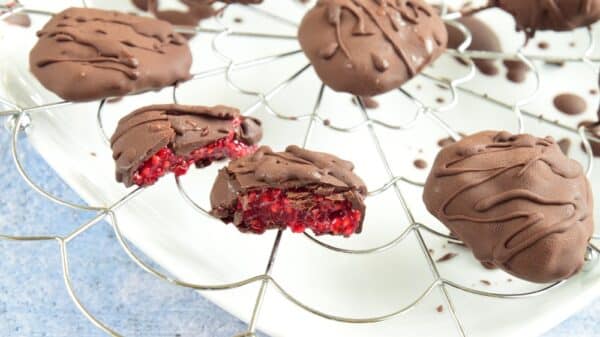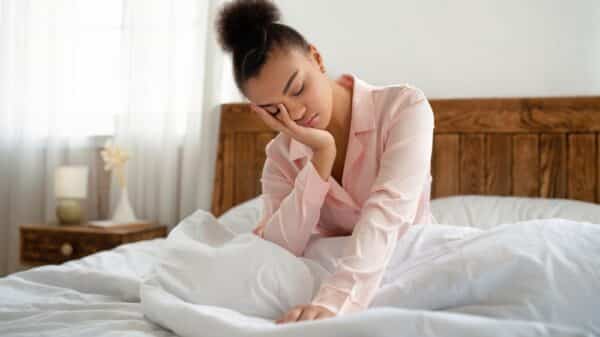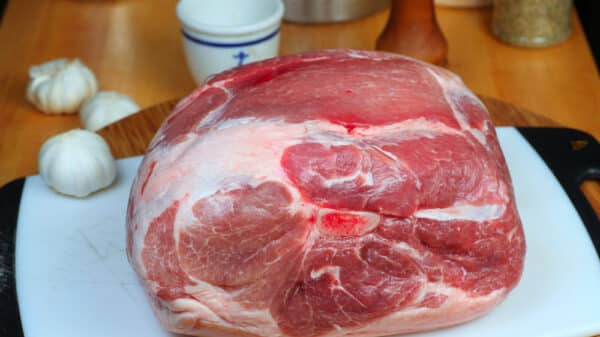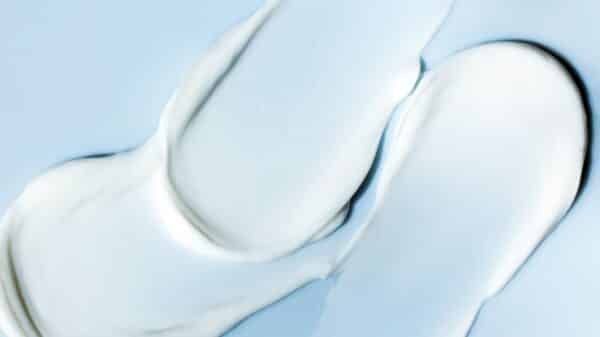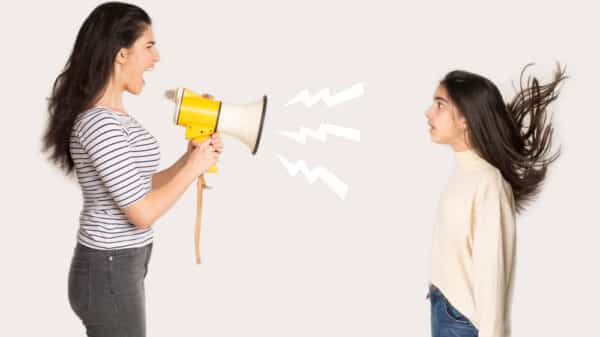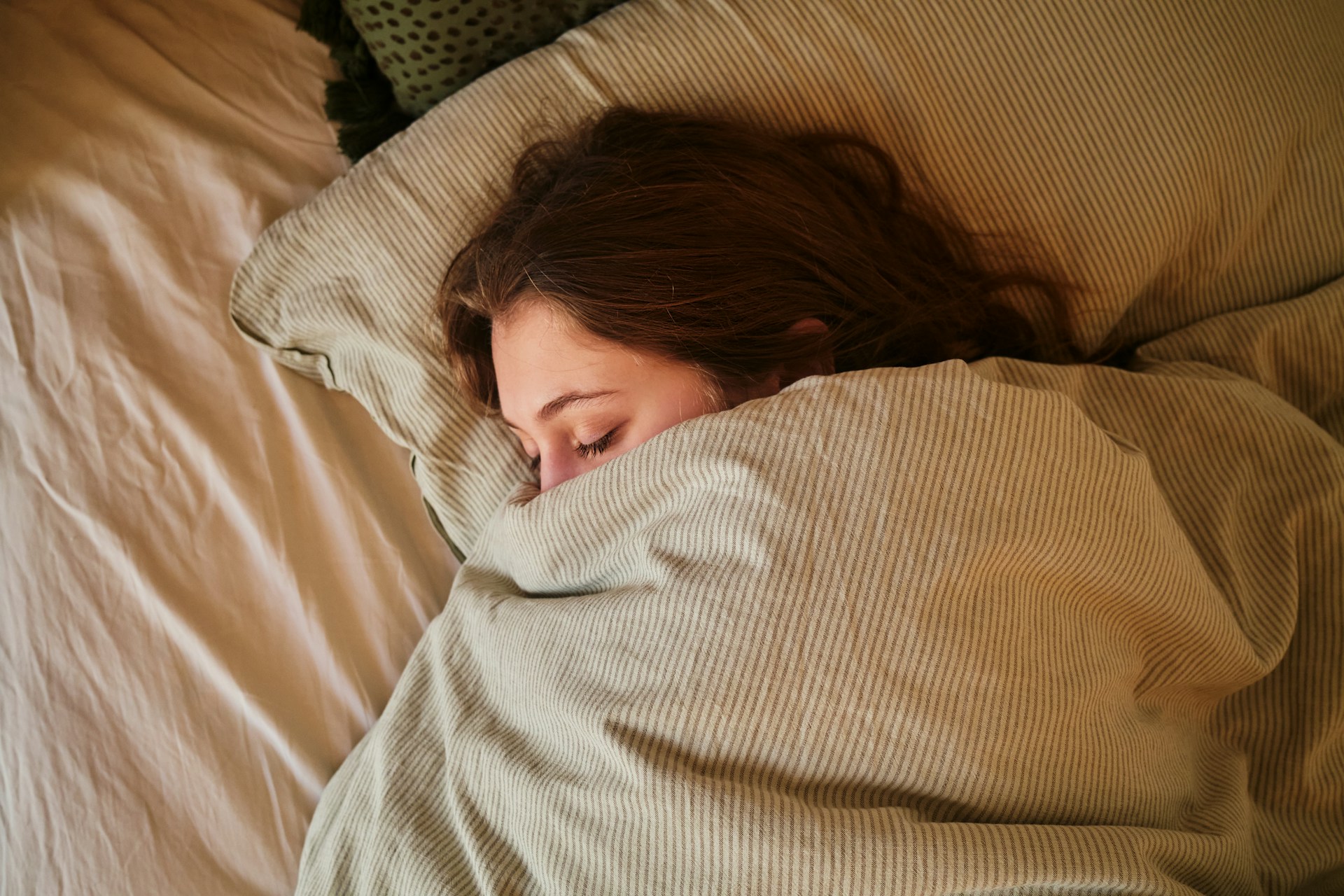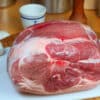Waking up to drool stains on your pillow can be more than just an embarrassing morning surprise—it can feel like a curious mystery that you can’t quite solve. If you’ve ever jolted awake, realizing that you’ve left a little puddle on your pillow, you’re not alone. The truth is, drooling while you sleep is much more common than many of us care to admit. It can leave you wondering, *Why do I drool when I sleep?* And while it’s a natural part of being human, there are times when it can feel a bit excessive or out of the ordinary.
On average, we produce between 0.5 to 1.5 liters of saliva each day. Yes, that’s right—our mouths are busy little factories, even when we’re catching Z’s! Saliva is crucial for breaking down food and keeping our mouths healthy, but when we’re in dreamland, our body’s muscles, including those that keep our mouths tightly shut, relax. If you happen to sleep with your mouth open, it’s likely some of that saliva will escape and leave its mark on your pillow.
While spotting drool on your bedding may elicit a groan, it’s often just a harmless consequence of how our bodies work. However, if you find that you’re drooling significantly more than usual, it’s a good practice to check in with your doctor. Pay attention to your body’s signals; if you’re concerned about your drooling or notice it becoming more frequent, there’s no need to hesitate at your next appointment. Taking proactive steps towards your health is always a wise choice.
So, what causes this drooling phenomenon? Let’s dive deeper into the reasons behind those nighttime puddles, while also providing some tips to keep drool to a minimum.
The Science Behind Drooling During Sleep
You might be wondering, *What’s the deal here? Why do some wake up in a pool of drool while others remain spill-free?* Dr. Emma Lin, a board-certified pulmonologist and sleep medicine specialist, sheds light on this very question. She works every day to help people combat sleep issues, from snoring to sleep apnea, and drooling, while it may seem trivial, can sometimes point to larger concerns.
When you’re asleep, your body naturally generates saliva to assist with digestion and oral health. However, as Dr. Lin explains, when we drift off, the muscles that keep our mouths closed become less tense. If you’re someone who sleeps with their mouth ajar—sorry, side sleepers and stomach sleepers—gravity can take over, leading to a drool escape.
So, while a little drool is completely normal, if you’re experiencing what feels like a heavy flow every night, it’s worth exploring the potential causes.
Common Causes of Excessive Drooling
Excessive drooling can sometimes be symptomatic of an underlying health condition, especially in older adults or individuals with neurological disorders. It could also simply be a result of how you’re sleeping. For instance, people who sleep on their backs are generally less likely to drool than those who sleep on their sides or stomachs. Here are several reasons why you might wake up to find your pillow drenched:
– Stuffy Nose or Allergies: When your nasal passages are blocked due to allergies or a cold, you’re more likely to breathe through your mouth, unintentionally allowing saliva to escape more easily.
– Acid Reflux (GERD): If you’ve ever felt that uncomfortable burning sensation in your chest after a meal, you may be familiar with acid reflux. This condition can trigger excess saliva production, which can spill over while you sleep.
– Sleep Apnea: In Dr. Lin’s experience as a sleep specialist, sleep apnea can severely impact your nighttime drooling. If your airway becomes obstructed during sleep, it can make breathing challenging, leading to interruptions in your swallowing reflex. The combination of snoring, fatigue during the day, and drooling can all signal sleep apnea.
– Neurological Conditions: For individuals with certain neurological issues, such as Parkinson’s or ALS, difficulties in swallowing can lead to a build-up of saliva that spills over during the night.
Tips to Reduce Nighttime Drooling
If you’re bothered by nighttime drooling, remember that while it might be annoying, it isn’t typically a cause for alarm. Still, if you find it disrupts your sleep or impacts your mornings, Dr. Lin has some practical suggestions to help minimize the issue:
– Clear Your Nose: If allergies are causing congestion, consider using an allergy medication, nasal strips for sleep, or even a warm steam to clear your airways.
– Change Your Sleep Position: Sleeping on your back might help reduce drooling, as it can keep your mouth closed better than side or stomach sleeping.
– Address Acid Reflux: If heartburn is a frequent issue, try not to eat late at night, and don’t hesitate to consult a healthcare professional for management strategies.
– Get Tested for Sleep Apnea: If you snore regularly or find yourself feeling tired during the day despite a full night’s sleep, a sleep study can help diagnose any issues you might be facing.
Drooling in your sleep might seem trivial, but as Dr. Lin emphasizes, even small details like this can signal important health concerns. Taking the time to listen to what your body is telling you can be a key step toward ensuring your overall well-being. So the next time you find yourself dealing with drool stains, take a moment to reflect on what else might be happening beneath the surface, while also embracing the shared experience of waking up with a wet pillow. You’re not alone in this—most people have had their fair share of nighttime drool too!
Image Source: Unsplash






